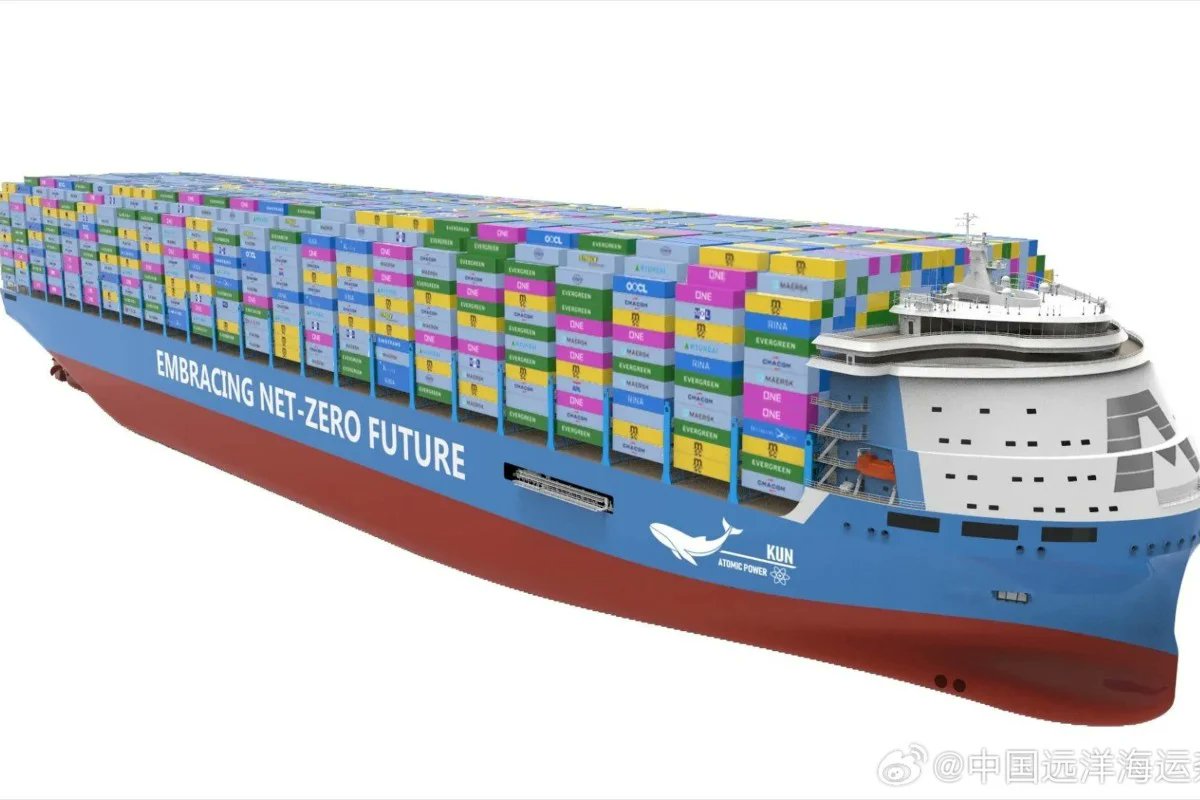By Vaishali Basu Sharma
In western Myanmar’s Rakhine province, China is vigorously pushing to expedite work on a strategic deep-sea port project. The port is part of its stalled Kyauk Phyu Special Economic Zone (SEZ).
Myanmar’s military junta, which has been fighting a civil war with pro-democracy and ethnic armed organizations since the 2021 coup, recently signed an addendum to the concession agreement for the Special Economic Zone (SEZ) and deep sea port with Chinese state-owned company CITIC.
Myanmar has established a special economic zone (SEZ) in three zones which are Kyauk Phyu SEZ, Thilawa SEZ, and Dawei SEZ. The Kyauk Phyu Special Economic Zone was first announced in September 2013 between the Chinese and Myanmar governments on the Rakhine State’s Ramree Island. In December 2015, Chinese enterprise CITIC Group was announced as the winning bidder for the project.
In 2017, the Rakhine State of Myanmar witnessed military clearance operations against the predominantly Muslim Rohingya population after attacks by the Arakan Rohingya Salvation Army (ARSA).
Controversial Chinese projects in Rakhine include the Kyauk Phyu Special Economic Zone and the gas and oil pipelines that cross from Rakhine to China’s Yunnan province. Both these projects are key components of the China-Myanmar Economic Corridor (CMEC), a Chinese infrastructure-focused Belt and Road Initiative.
Kyauk Phyu township is the source of an oil and gas dual pipeline traversing four states and regions to China’s western Yunnan Province. A crude oil unloading terminal is located on Madei Island, adjacent to Kyauk Phyu. Aside from the deepwater port facility, Kyauk Phyu Special Economic Zone will contain an industrial zone and a high-end housing project across a total of 4,300 acres.
Although the details of the recent addendum are scarce, it is alleged that the military junta offered concessions to the Chinese state-owned company CITIC. The 1.3 billion USD Kyauk Phyu Deep Sea Port and Kyauk Phyu Special Economic Zone will be developed through a joint venture between the CITIC Myanmar Port Investment Ltd, which holds a 70% stake, and the Myanmar government-backed Kyauk Phyu SEZ Management Committee.
Details about the addendum have not been made public.
The China-Myanmar Economic Corridor (CMEC), comparable to similar Chinese projects in Pakistan and Nepal, the CPEC and CNEC, outline massive infrastructure development involving the construction of ports, roads, and railway lines in India’s peripheral countries.
The CMEC sidelines the previous ‘Bangladesh, China, India and Myanmar Economic Corridor’ (BCIMEC), also known as the Kunming Forum, which was initiated in 1999, with transport connectivity as the main agenda in this sub-regional initiative.
But after Chinese President Xi Jinping visited Myanmar in 2020 January and signed 33 agreements, CMEC became a whole new dimension of investment in Myanmar, bypassing the BCIMEC.

China has invested a lot in developing commercial facilities, especially in countries that are falling on the Indian Ocean. China is connected to Myanmar through Yunnan by the AH-14: Kunming City to Mandalay via Ruili-Muse-Lashio. Water transport connection is feasible between parts of Yunnan and Myanmar using the river port at Bhamo on the Irrawaddy River leading to the Indian Ocean.
In order to ensure the physical safety of these infrastructure projects in war-torn Myanmar, China has been inserting itself as a negotiator between the military junta and the ethnic groups. It is believed that the Chinese Navy has access to Myanmar’s sea-port facilities and has radar stations there as part of an earlier shared intelligence agreement.
Chinese physical infrastructures’ construction phase and everyday functioning have entailed negative social impacts, and these have been disproportionately borne by the local communities.
The land acquisition process for the SEZ lacks transparency, and local communities have no idea yet how they fit into the CMEC framework. Myanmar’s own 2014 Special Economic Zones (SEZ) Law does not conform to the international law obligations to protect human rights. Previous infrastructure facilities constructed for the Kyauk Phyu SEZ resulted in deterioration in living standards for persons displaced from farmland.
Considered together with the Gwadar Port in Pakistan, Industrial Development Zone near Chittagong and the Payra Deep Sea Port in Bangladesh, and the Kyauk Phyu port and SEZ, Chinese connectivity projects in India’s vicinity have the potential to emerge as an extension of geo-political strategy to contain New Delhi’s influence in South Asia.
- Vaishali Basu Sharma is a strategic and economic affairs analyst. She tweets at @basu_vaishali. She is presently associated with the New Delhi-based think tank Policy Perspectives Foundation.
- The author can be reached at postvaishali (at) gmail (dot) com.




